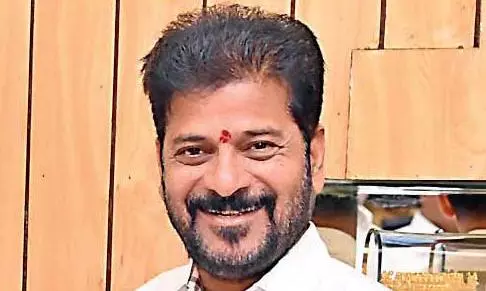AA Edit | Sub-Quotas Are Practical: Telangana Shows the Way
New law ensures a fairer share of benefits for most deprived Scheduled Castes

In a historic move, Telangana has become the first state in India to sub-classify Scheduled Castes, merely eight months after a seven-judge bench of the Supreme Court, led by then Chief Justice of India D.Y. Chandrachud, permitted it on August 1, 2024.
With the gazette notification of the Telangana Scheduled Castes (Rationalisation of Reservations) Act, 2025, on April 14, the Congress government led by CM A. Revanth Reddy has ensured that the benefits of reservation granted to people belonging to Scheduled Castes reach the most deprived sections of the community.
The need for sub-categorisation of reserved classes stems from the inability of the most marginalised sections of the Scheduled Castes to reap the benefits of the reservation extended to them by the Constitution.
In a judgment that cleared the roadblocks in the way of sub-classification of Scheduled Castes, Justices Chandrachud, B.R. Gavai and Pankaj Mithal had observed that statistics revealed that the most disadvantaged and marginalised individuals had failed to benefit from reservation at higher levels.
Justice Mithal also noted that only the children of affluent or urbanised castes were able to capitalise on reservation benefits, highlighting a persistent inequality. This has been the key argument made by proponents of sub-categorisation within the Scheduled Castes, especially the Madigas, in undivided Andhra Pradesh and its successor states, Telangana and residual Andhra Pradesh, since 1994.
Yielding to demands for categorisation, the undivided Andhra Pradesh government set up the Justice Ramachandra Rao Commission on September 10, 1996, which recommended sub-categorising SC reservations into A, B, C and D groups.
Though the sub-categorisation was approved by then President K.R. Narayanan on November 30, 1999, the Supreme Court annulled the decision in its verdict in E.V. Chinnaiah v. State of Andhra Pradesh and Others, stating that only Parliament had the authority to
decide on sub-categorisation. The seven-judge Supreme Court bench, however, has now given states the freedom to sub-classify reserved communities.
As Telangana’s law on sub-categorisation ensures equity among the Scheduled Castes, it aligns with the philosophy of affirmative action or positive discrimination, aimed at correcting past and present discrimination against historically disadvantaged groups. It will create more opportunities for the most marginalised sections among SCs in areas such as employment, education and housing.
While Punjab, Tamil Nadu, and Bihar have already introduced special quotas for the most vulnerable dalits, the Telangana government has addressed the issue in a holistic manner by appointing a one-man commission on sub-classification within the SC reserved categories.
Taking a cue from Telangana, the Andhra Pradesh government, headed by its chief minister N.Chandrababu Naidu, approved the recommendations of the one-member commission on SC sub-categorisation and announced that it will implement the recommendations district- wise after the 2026 Census.
As more states decide on the sub-classification of Scheduled Castes, the focus is likely to shift to the degree of backwardness among communities, potentially enabling tens of thousands to benefit from the government’s affirmative action measures.
